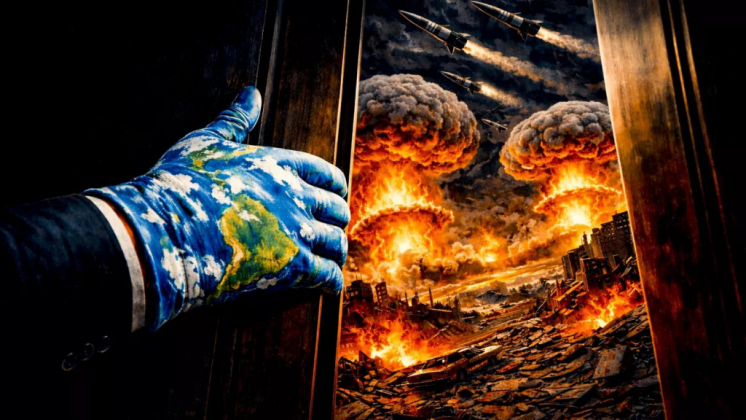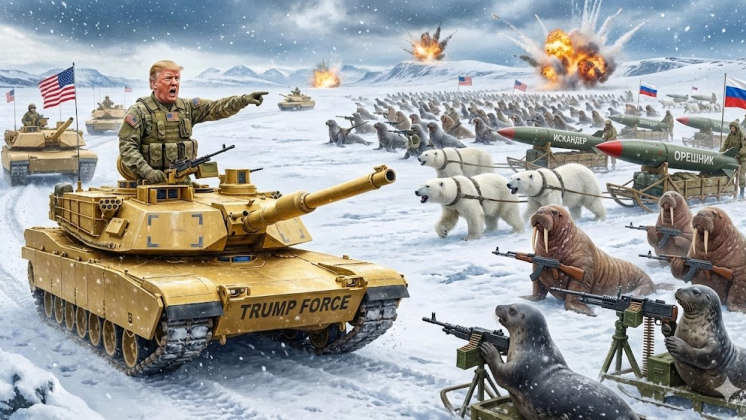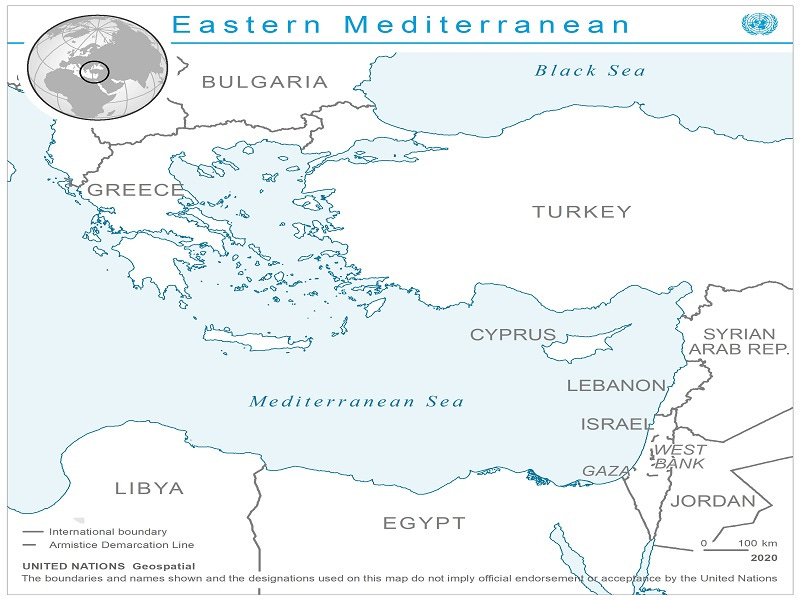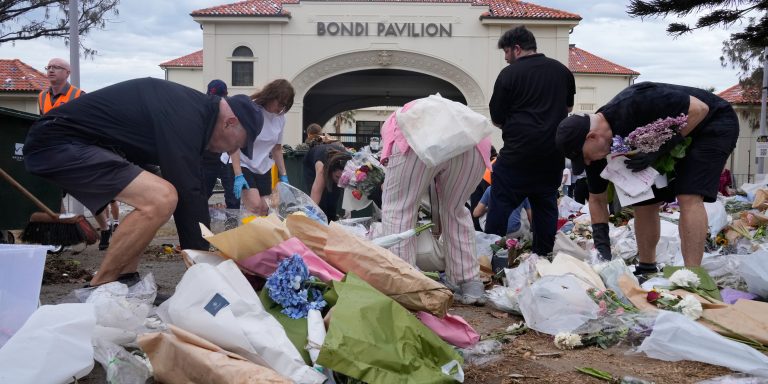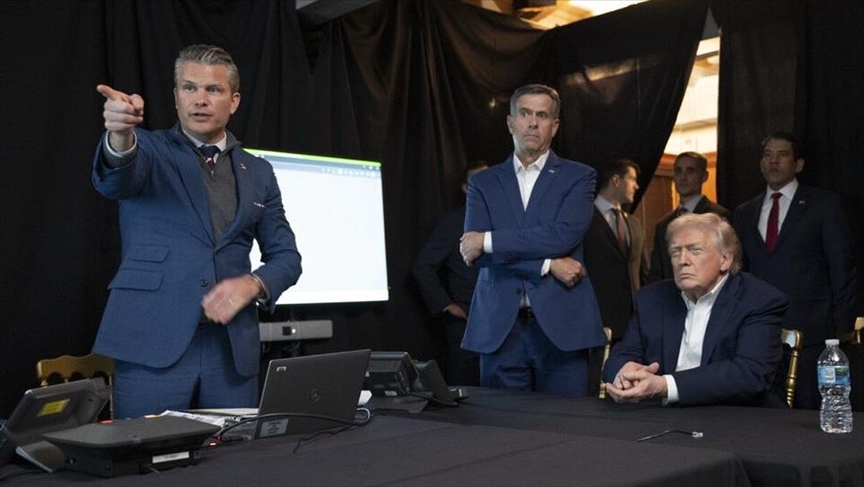The US Is Not Built For War Or Peace
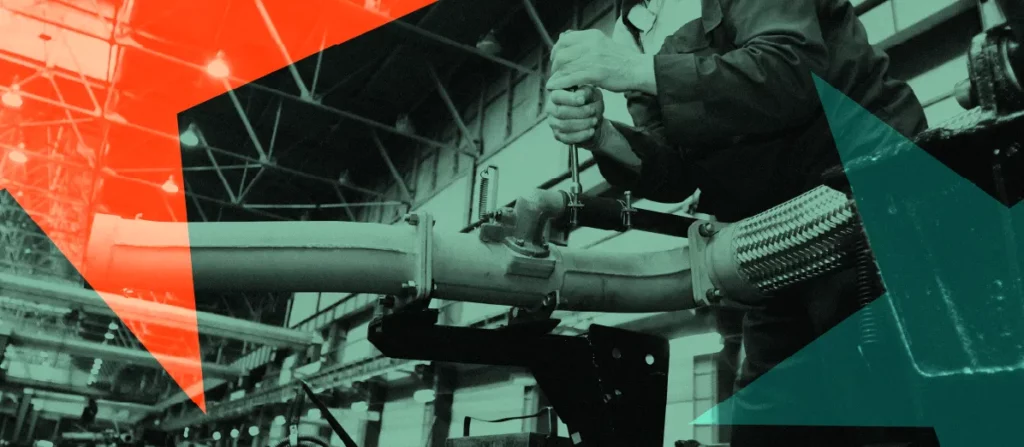
A minor power outage in San Francisco offered a quiet preview of a strategic vulnerability hiding in plain sight. As traffic signals went dark, dozens of autonomous Waymo vehicles stalled, unable to read the roadway. With hazard lights blinking, they gridlocked intersections and slowed large parts of the city to a crawl until tow trucks arrived.

